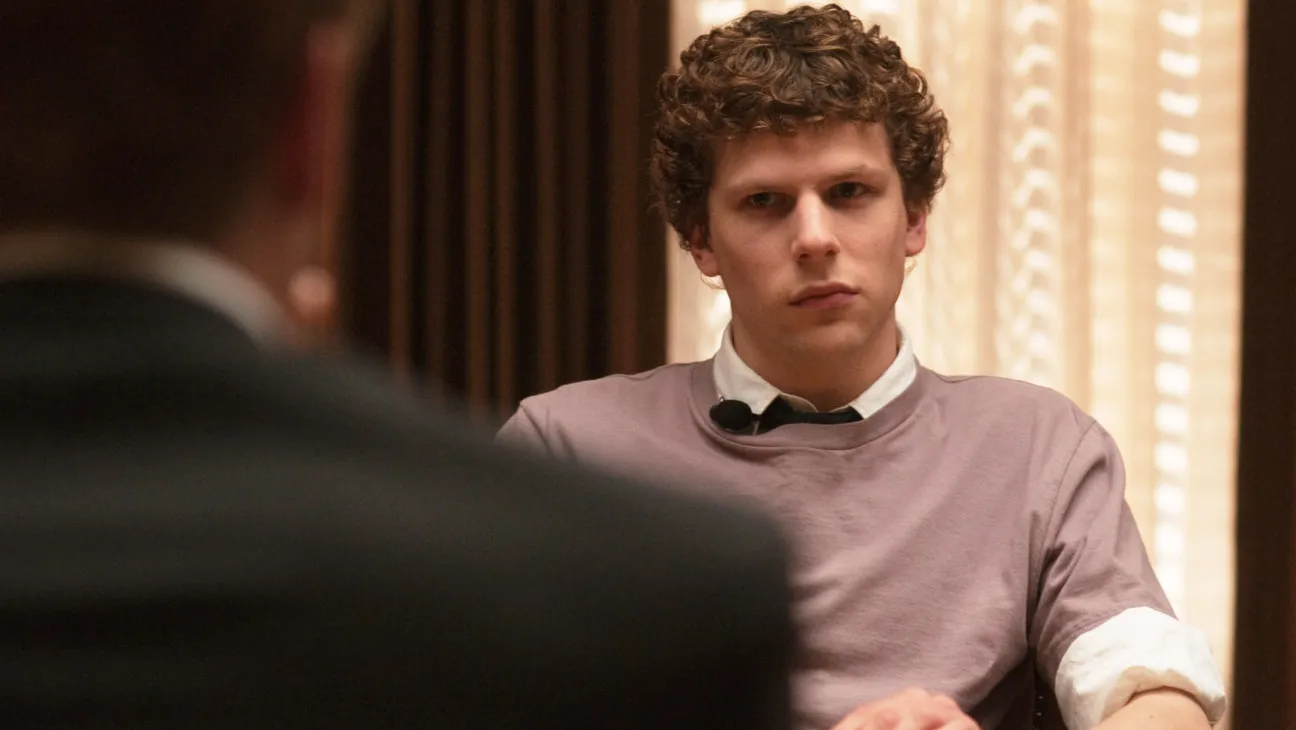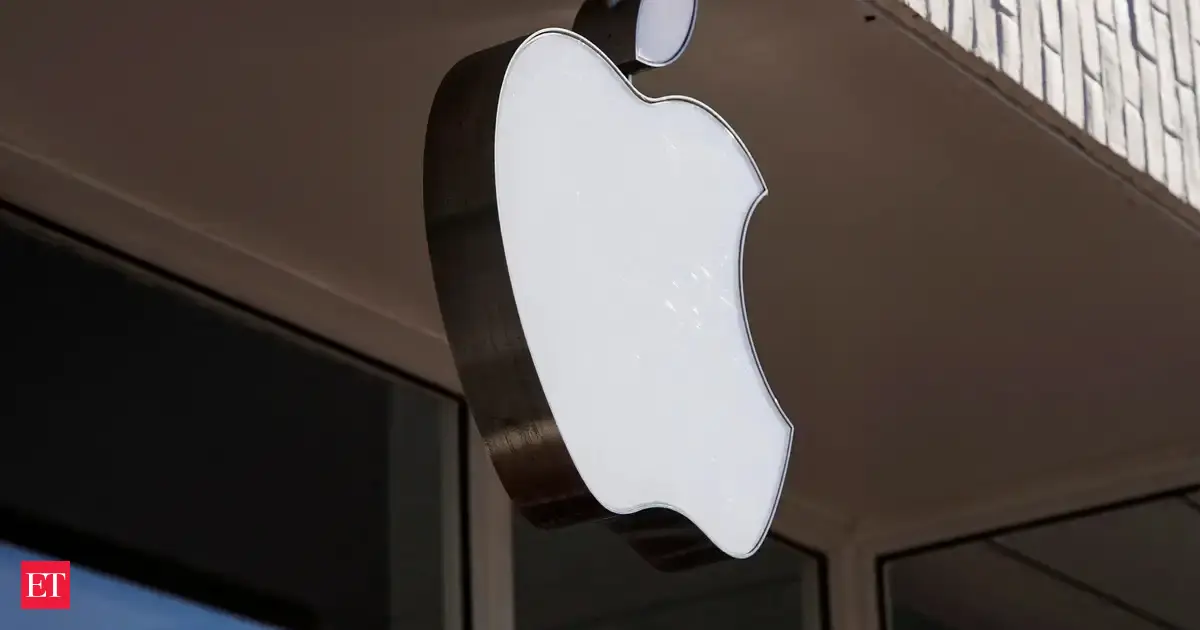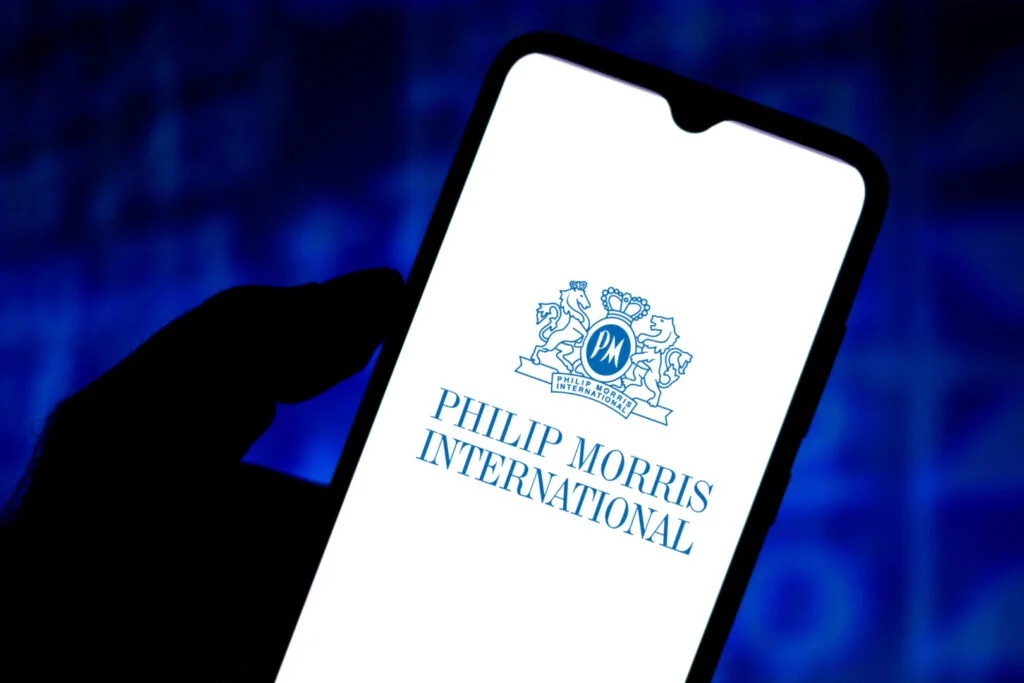Copyright The Hollywood Reporter

We here in Hollywood owe the world a huge apology. No, I’m not talking about the live-action Snow White or another box-office-bomb joke du jour. I mean something far worse. While we could all use less doom-scrolling, it’s hard not to feel like everything’s on fire right now. Stagflation rising, ICE terrorizing our cities, AI slop drowning the internet — and, oh yeah, a looming bubble of overcapitalized data centers jacking up electricity costs and decimating drinkable water here and abroad. Also, global warming: still a thing, AI death cults notwithstanding. But wait, you ask, how is this Hollywood’s fault? Aren’t we too busy trying to reboot 1950s-era comic books for the nth time? I thought this was all due to out-of-control Tech Bros? They’re the ones so obsessed with building RoboGod that they threw their golden horde behind Mad King Donald so that no one could stop them from littering the earth with data centers like so many cardboard Amazon boxes piling up in the hallway at Christmas. Yes, you’re right. It is their fault directly. But we in Hollywood didn’t do enough to stop them. It sounds quaint to think Hollywood could in any way control broligarchs with Ancien Regime levels of wealth. And obviously, we did something. The strikes in 2023 sounded an early alarm bell about the damage Silicon Valley’s AI frenzy would bring, and LA’s westside was nothing if not Kamala country… before it got burned to the ground in a fire set by someone possibly suffering Chatbot psychosis. But we didn’t do the right things. The deepest truth of Hollywood is that, like cocaine, it primarily exists to help people with way too much money burn it in a relatively safe, ego-pleasing way that occasionally results in art. They get to moor their yachts in Cannes and Venice, party with a Hemsworth or two, then enjoy a tux-clad standing O for having backed something cool. That’s how it worked for most of the 20th century. In success, the insanely rich walk the red carpet and get a movie poster they can ogle in retirement. And the public gets some wild movies and TV shows that would otherwise never get made, doing crazy-stupid stuff like recreating Napoleonic-era sea battles off the coast of the Galapagos. Hollywood was, and had always been, the casino of prestige and glamour for the richest of the rich. The trick was just finding that next pile of exorbitant wealth and luring it in with our siren song of cultural relevance and creative ambition. Around the turn of the century, starting with Google’s de facto monopoly on internet ad revenue, it was obvious that pile was in Silicon Valley. The playbook was clear: go butter up those sweaty-palmed, agoraphobic nerds. Get them to part with that cash, invest in a harebrained film-slate or ten. Teach them the ins and outs of artmaking, craftsmanship, taste. Get them all excited to make the dreams of tomorrow so they’d bankroll the weirdo theater kids to dress up and play make believe. In return, we’d do a biopic or two about their favorite computer science heroes. (PS: Math-y billionaires, if anyone’s a hardcore Kurt Gödel fan, I have the script!) But we failed. Maybe the STEM-culture of social isolation was too ennervating for Hollywood to crack. Or we were too loathe to invite the be-hoodied introverts to the cultural party. Sure, Apple, Amazon and Netflix “invested” in “content.” But they did so with all the passion of a data analyst correcting a rounding error, which is all Hollywood is to them. They took our magic and made it mundane, probably because real creative risk-taking is so low on their priority list, like sub-basement panic room low. (Apple might have some claim to creative ambition; not surprisingly, it’s the tech giant least inclined to brazenly throw itself on the bonfire of AI.) If anything, the streaming era stepped back from the glory days of cable, resuscitating the Network approach on digital steroids. There are exceptions and we still manage to sneak a few fun ones past the algorithm, but the apotheosis of bean counting has resulted in “respectable” shows that chase trends but rarely stand out. As if there was a magic formula for success that, once you found it hiding in enough data, you could shove into your sentient AI and remix the content feed over and over and — you get the idea. We let them think that spitting out pixels “iterated” at random was the same thing as making a point or telling a story. So of course, they hooked up some GPUs to try and imitate us. Hollywood let Silicon Valley treat it like a logical, scientifically tractable business, which it only vaguely resembles, and not what it truly is: a batshit-crazy, shot-in-the-dark gamble. An excuse for high-net-worth individuals to indulge their follies, burn their wealth, and create “culture,” if only accidentally. It worked for the Medici, the Spanish crown, even our first generation of uncouth Robber Barons: once those pirates got filthy rich, they headed straight to Europe, stocked up on antiquities, now we have the Met. Because the uber-rich don’t really need actual taste or vision to play — artists supply that — they just need to feel like part of the team, and party with us whenever we hit the cultural jackpot. But if that doesn’t happen, we get this world: the filthy rich indulge other misguided follies that do a lot more harm. Silicon Valley dreamt up poor derivations of past cautionary tales and created a monoculture of exploitative social media feeds and predatory data-hungry apps that birthed Orwell’s surveillance state. Worse, they violated the number one rule of drug dealers everywhere and started getting high on their own supply. Thus, the quest for AI God was born. Now we’ve got a world where starry-eyed herds line up to hear Peter Thiel ruminate on the Anti-Christ while Larry Page, Sam Altman, Mark Zuckerberg and Elon Musk trade in those mountains of gold for literal piles of cooked sand, so “Superintelligent AI” can spread through the “light cone” of the universe like cancer. Without our help, they succumbed to the half-baked dreams of children afraid of both actually living an emotionally healthy life and facing inevitable Death. And they made a deal with a political devil so they could build their sterile future unencumbered while the rest of us get to live with the consequences. It didn’t have to be this be this way. If there’s one thing Hollywood does well, it is indulging mind-blowing folly in the face of stubborn mortality. But we always remember to keep it strictly imaginary. Alas, we dropped the ball, and now the Patriarchs of Silicon Valley have unleashed their very deep folly on this very real world. So… sorry?



